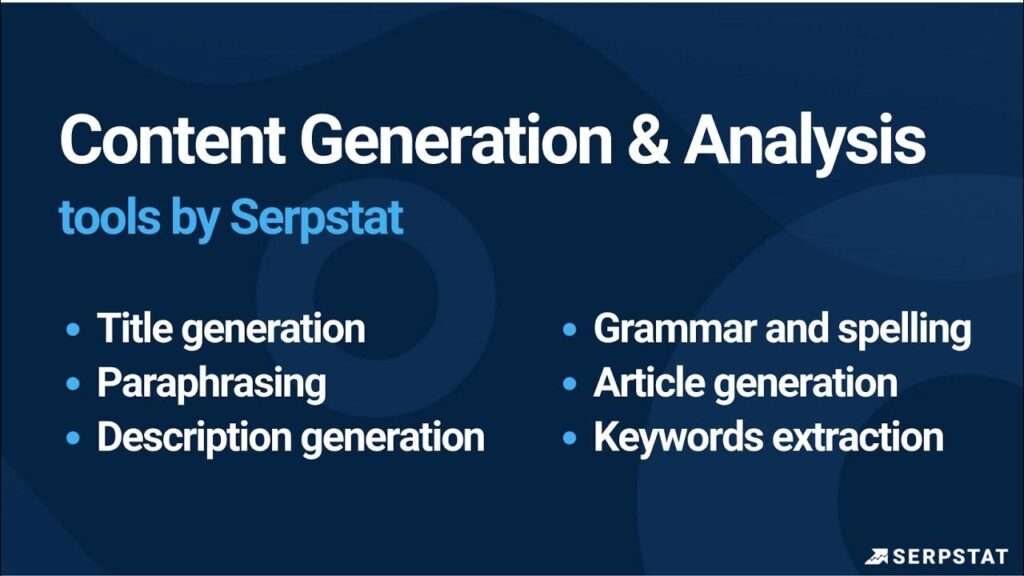Title: African Commission on Human and Peoples’ Rights Concludes Key Human Rights Promotion Mission in Eswatini: Analysis and Forward-Looking Recommendations
The African Commission on Human and Peoples’ Rights (ACHPR) recently finalized an important human rights promotion mission in the Kingdom of Eswatini, held from July 14 to July 20, 2025. This initiative aimed to assess the country’s compliance with the African Charter on Human and Peoples’ Rights, highlighting both advancements achieved and persistent challenges within Eswatini’s human rights landscape. Following this comprehensive evaluation, the Commission released a detailed report outlining critical findings alongside actionable recommendations designed to enhance protections for fundamental freedoms. These insights serve as a valuable resource for policymakers, civil society organizations, and advocates committed to fostering a culture of respect for human dignity throughout Eswatini.
ACHPR Mission Summary: Principal Findings from the Visit to Eswatini
Over the course of its week-long engagement in Eswatini, ACHPR identified several significant issues impacting core civil liberties. Although legislative provisions exist that ostensibly protect these rights, their enforcement is often inconsistent due to systemic obstacles embedded within institutional frameworks. The key concerns brought forward include:
- Restrictions on Freedom of Expression: Numerous reports indicate that individuals voicing criticism or dissent against government policies frequently face intimidation or harassment.
- Judicial Independence Under Threat: Evidence suggests external pressures compromise judicial impartiality, undermining fair trial guarantees.
- Persistent Gender Inequality: Widespread gender-based violence coupled with discriminatory social norms continues to hinder progress toward gender equality.
The Commission emphasized an urgent need for constructive dialogue between state authorities and civil society actors as foundational for advancing human rights protections in Eswatini. It also recognized commendable efforts by local advocacy groups championing reform while urging immediate governmental measures focused on:
- Revising Restrictive Laws: A thorough review of legislation limiting essential freedoms is necessary to harmonize national laws with international standards.
- Strengthening Institutional Capacities: Enhancing both resources and autonomy among bodies responsible for safeguarding human rights remains crucial.
- Civil Society Engagement: Formalizing mechanisms that enable meaningful participation by community organizations in policymaking will improve transparency and accountability.
Recommendations for Strengthening Human Rights Protections in Eswatini
To align fully with international obligations under instruments such as the African Charter on Human and Peoples’ Rights, ACHPR advocates comprehensive reforms across legal frameworks governing human rights within Eswatini. Core proposals include:
- Lawmaking Reforms: Amend existing statutes so they comprehensively reflect commitments under regional treaties protecting fundamental freedoms.
- Sustaining Judicial Autonomy: Implement robust safeguards preventing undue influence over judicial processes ensuring independence remains intact.
- Civic Education Campaigns: Launch extensive public awareness initiatives educating citizens about their legal entitlements alongside accessible channels for lodging complaints regarding violations.
Moreover, establishing an independent national institution dedicated exclusively to monitoring adherence with human rights standards is imperative. To facilitate this development effectively, ACHPR recommends implementing these strategic steps:
| Strategic Action | Description | |||||
|---|---|---|---|---|---|---|
| Diverse Stakeholder Collaboration | Create inclusive platforms involving grassroots representatives alongside government officials ensuring broad-based input into institutional design processes. | |||||
| Specialized Training Programs< / b > td > | Allocate resources towards capacity building focused on enhancing legal literacy among activists engaged in addressing violations or advocating systemic reforms.< / td > tr > | |||||
| Sustainable Financing Mechanisms< / b > td > | Secure reliable funding streams guaranteeing operational independence while supporting outreach activities across urban centers as well as remote communities.< / td > tr > tbody > table > Tackling Challenges & Charting a Progressive Course Forward Within Eswatini’s Human Rights SectorEffectively overcoming entrenched barriers demands coordinated efforts among government agencies, NGOs, community leaders, and international partners dedicated to sustainable improvements across multiple dimensions:
|

